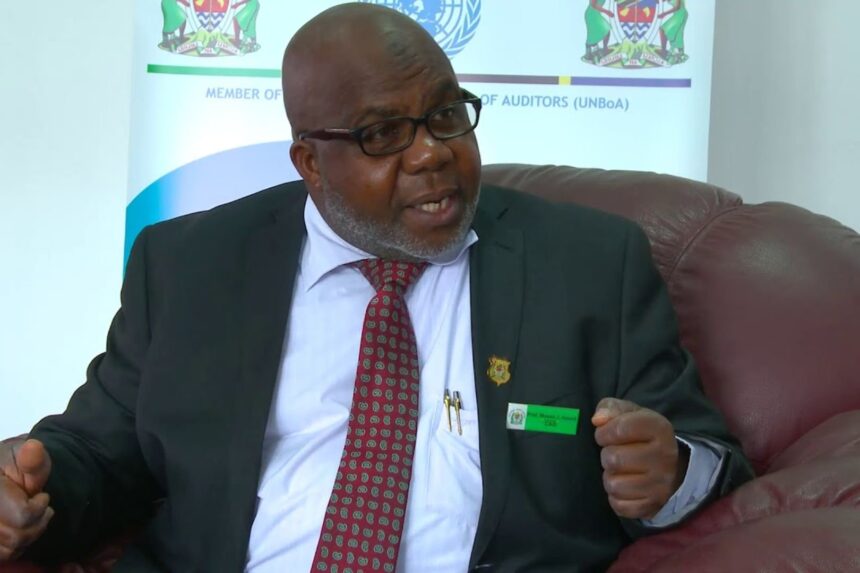Professor Mussa Assad, the retired Controller and Auditor General (CAG) of the Government, who also holds over three decades of experience as a university lecturer, recently shared his insights on the issue of port investment in Tanzania.
During a segment on Channel Ten’s “Dira ya Uchumi” television program, he addressed concerns that have arisen in recent months about the port investment and its implications for the citizens and politicians of Tanzania. One of the widely discussed questions from both the public and opposition politicians pertains to the timeframe of the port investment contract.
Despite the government’s repeated explanations, the general public needs help comprehending the intricacies of investment laws and has also been influenced by uninformed political rhetoric and activism surrounding international contract laws.
When asked about the contractual timeframe, Professor Assad stated that there is no need for the International Government Agreement (IGA) to specify the contract duration.
He explained that doing so could result in potential losses for either the nation or the investor, depending on the cost of investment in the relevant projects (project agreements).
Professor Assad emphasized that the contract duration should be outlined in project-specific agreements, and it is crucial for the government to exercise caution when entering into such contracts.
Professor Assad, a highly experienced economist, firmly expressed that this approach is employed by many other countries globally and is beneficial for fostering economic growth.
He underscored that no Tanzanian port, including the Dar es Salaam port, can be sold off, dismissing such notions as misinformation from individuals with limited understanding.
He clarified that the Tanzania Ports Authority remains the proprietor of the country’s ports, holding the legal titles. He elaborated that it is implausible to sell our national ports, and the DP World company would only be granted specific land usage rights for a defined period under special agreements.
In detail, Professor Assad highlighted that Tanzania cannot bypass this significant DP World investment in our ports if we genuinely seek progress. He emphasized that we lack the expertise in management, technology, and substantial investment required for our ports – a gap that necessitates external investment to fulfil.
Professor Assad endorsed DP World’s investment in Tanzania, urging Tanzanians to heed the government’s statements rather than being influenced by those without expertise in legal matters, especially international investment laws, to avoid misinterpretations.


